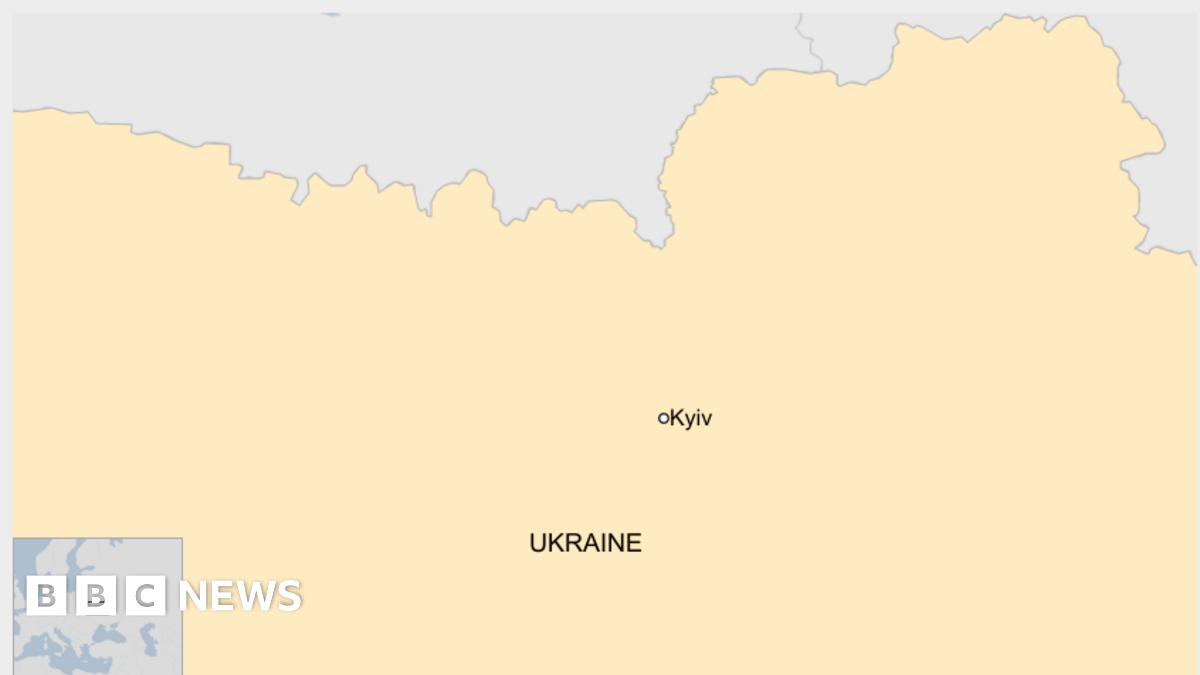Hezbollah Compound Attacks: Israeli Strikes in Lebanon's Bekaa Valley Leave 12 Dead, Escalating Tensions

Lebanon’s Bekaa Valley witnessed a significant escalation in tensions today as Israeli military strikes resulted in the deaths of at least 12 individuals, according to the region's governor. The attacks, which targeted what the Israeli military identified as Hezbollah military compounds, mark a concerning development in the ongoing conflict between Israel and Hezbollah.
The governor's statement confirmed the casualties, highlighting the devastating impact of the strikes on the Bekaa Valley, a region known for its agricultural significance and proximity to the Syrian border. While specific details regarding the locations of the targeted compounds remain limited, the Israeli military asserted that the action was a response to recent Hezbollah activities.
“We struck a number of military compounds belonging to Hezbollah,” a spokesperson for the Israeli military stated, without providing further specifics on the nature of those activities that prompted the strikes. This statement echoes a pattern of Israeli responses to perceived threats from Hezbollah, a powerful Shia political party and militant group based in Lebanon.
Hezbollah's Response and Regional Implications
Hezbollah has yet to officially release a comprehensive statement regarding the strikes, though sources within the group have confirmed the attacks and indicated retaliatory measures are being considered. The timing of these strikes is particularly noteworthy, occurring amidst heightened regional tensions stemming from the ongoing conflict in Gaza. Analysts suggest that the Bekaa Valley strikes could be an attempt by Israel to disrupt Hezbollah’s operations and prevent further escalation along the Lebanese-Israeli border.
The Bekaa Valley is strategically important, serving as a key transit route for various actors, including Hezbollah, and is also a region where Iranian influence is notably present. The strikes raise concerns about the potential for a wider regional conflict, drawing in additional actors and complicating diplomatic efforts to de-escalate the situation.
International Reaction and Concerns
The international community has expressed concerns over the escalating violence along the Lebanese-Israeli border. Calls for restraint and a return to diplomatic dialogue have been issued by various governments and international organizations. The United Nations has urged both sides to avoid actions that could further destabilize the region and endanger civilian populations.
“We are deeply concerned by the recent escalation of violence and urge all parties to exercise maximum restraint,” stated a UN spokesperson. “A diplomatic solution is the only viable path forward to prevent further loss of life and protect the stability of the region.”
Looking Ahead
The situation remains fluid and unpredictable. The Israeli strikes in the Bekaa Valley represent a significant escalation in the ongoing tensions between Israel and Hezbollah. The response from Hezbollah, as well as the broader regional implications, will be closely watched by the international community. The potential for further escalation remains high, underscoring the urgent need for diplomatic efforts to de-escalate the situation and prevent a wider conflict.
This event highlights the fragility of the region and the importance of sustained diplomatic engagement to address the underlying issues driving the conflict. The human cost of this ongoing conflict is immense, and the need for a peaceful resolution is more critical than ever.






